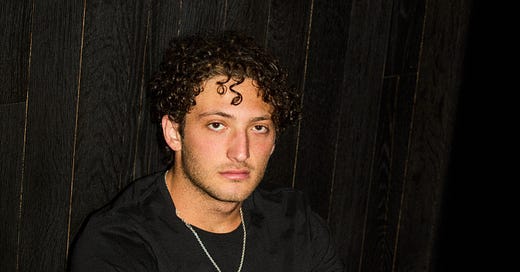One of the things I did to educate myself about addiction (and cheer myself up when Nathanael was struggling) was to read recovery memoirs. I wanted to understand what it felt like to live inside the head of someone who was in thrall to cravings for substance, someone who enjoyed being out of control, in a mind-altered state. I needed to learn about ris…
Keep reading with a 7-day free trial
Subscribe to The Opposite of Addiction to keep reading this post and get 7 days of free access to the full post archives.




